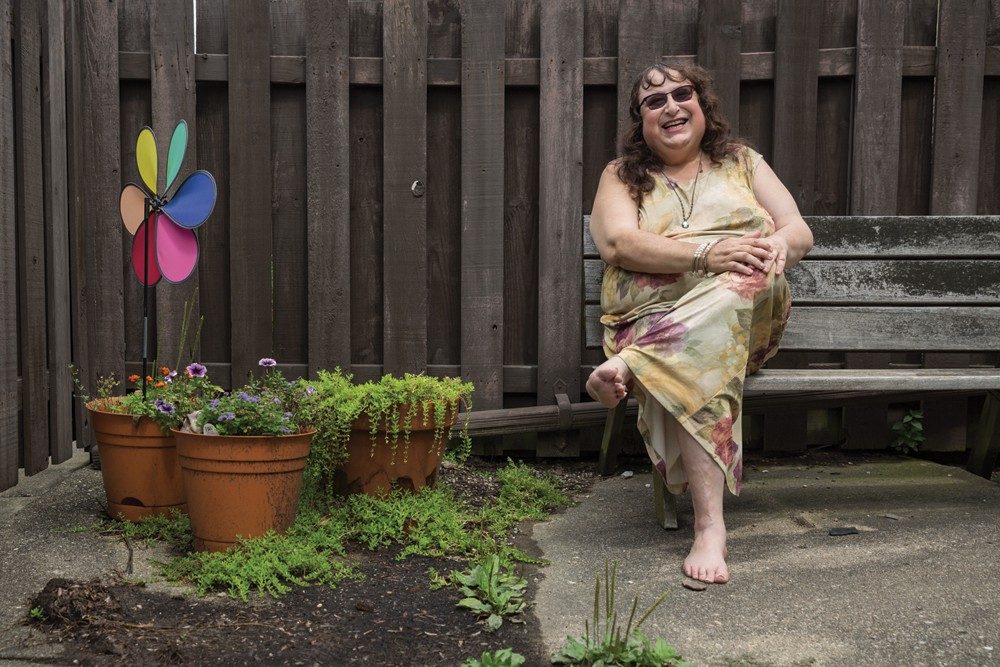31st March marks the International Transgender Day of Visibility, an annual event of positive celebration and raising awareness about the discrimination faced by transgender people worldwide.
The holiday was founded in 2009 by Rachel Crandell, the head of Transgender Michigan, who was frustrated that the only well-known transgender-centric event each year was the Transgender Day of Remembrance.
“The day of remembrance is exactly what it is. It remembers people who died,” she said. “This focuses on the living.”
While the day was initially Michigan-centric, Crandell’s Facebook event page quickly captured the attention of the transgender community and spread around the world.
In 2013, the Trans Student Educational Resources took over most of the promotion, outreach and social media aspects for the event.
The theme of this year’s celebration is ‘More than Visibility’ (#MoreThanVisibility). It recognises that while visibility is important, transgender people and allies must take direct action against transphobia around the world.
The International Day of Visibility holds special significance this year due to the recent passing of legislation in a number of US states that will restrict the rights of transgender people. Meanwhile in Australia, the government’s review of the Safe Schools program has suggested the idea of supporting transgender students is “radical gender theory.”
The event boasts a strong social media presence, with thousands of members of the transgender community posting selfies and sharing articles about achievements within the community.
LGBT groups around Australia have voiced their support for International Transgender Day of Visibility.
“Today we celebrate the amazing people working to further progress and equality for the gender diverse people everywhere,” said LGBT youth network Minus18. “We champion self-affirmation, and set our sights on achieving equality, empowerment, and respect for all diverse gender identities.”
“Today we recognise and celebrate trans Australians and reaffirm commitment to protecting [the] human rights of trans and gender diverse people,” tweeted the Australian Human Rights Commission.
